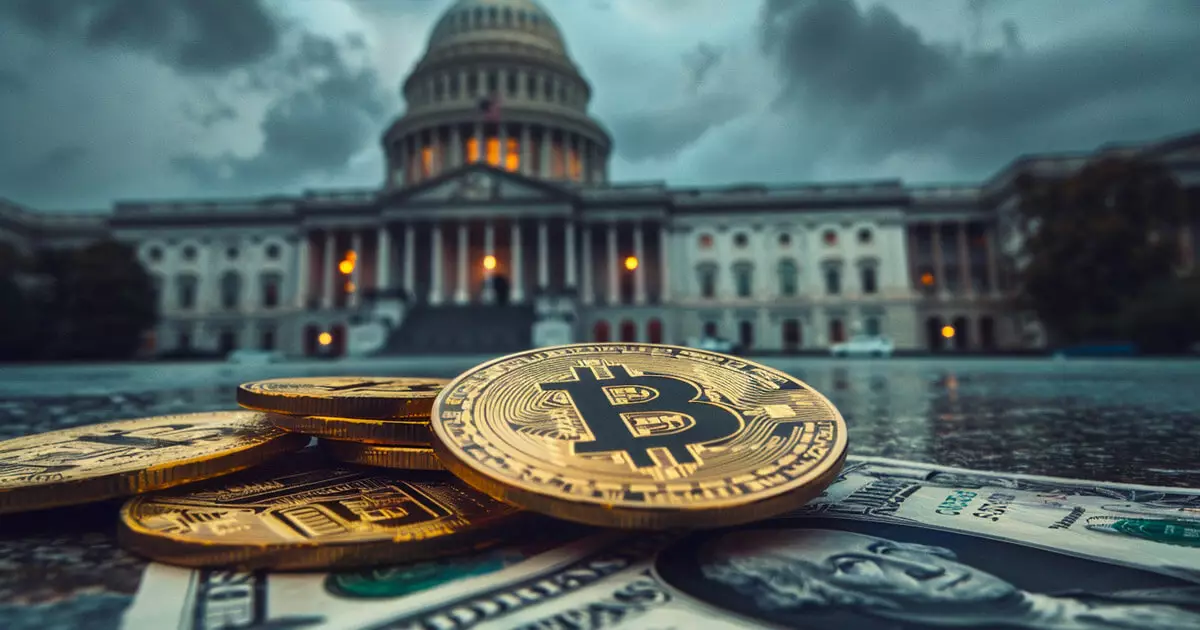During a recent Senate hearing, Senator Tim Scott took a critical stance against the current US administration’s approach to combating terrorism financing. He accused the administration of using digital assets as a “scapegoat” while ignoring more significant traditional sources of funding, particularly those linked to Iran. Scott highlighted Iran’s substantial revenue from oil exports and US hostage relief as key sources of funding for illicit activities, criticizing the narrow focus on digital assets as missing the bigger picture of terrorism financing.
In response to Scott’s accusations, Deputy Treasury Secretary Adewale Adeyemo defended the focus on digital assets, citing the challenges posed by crypto transactions compared to traditional financial transfers. Adeyemo emphasized the unique risks associated with cryptocurrencies, including the use of stablecoins by Russia to evade sanctions and mixers by North Korea to obscure financial transactions. He outlined the Treasury’s request for expanded authority over crypto, including the introduction of secondary sanctions against foreign providers and tighter regulations to address risks posed by international platforms.
The call for increased oversight of digital assets was not limited to Scott’s concerns, as other senators expressed support for tighter regulations in the sector. Committee Chairman Sherrod Brown stressed the importance of crypto platforms adhering to the same regulatory standards as traditional financial institutions in the fight against terrorist financing. Senator Bob Menendez raised specific concerns about the ease of converting oil proceeds to crypto and emphasized the need for comprehensive authority over the sector to address such issues.
Treasury’s Formal Request
Deputy Treasury Secretary Adeyemo outlined the Treasury’s formal request for additional authority over cryptocurrencies, which was initially proposed in November. The request includes three key points: introducing a secondary sanctions tool against foreign crypto providers, tightening existing regulations, and addressing jurisdictional risks associated with international crypto platforms. Adeyemo reiterated the necessity for enhanced oversight to prevent the misuse of digital assets in illicit activities, despite concerns about the abuse of humanitarian funding by certain countries.
The debate over digital assets and terrorism financing underscores the complex challenges posed by cryptocurrencies in regulating financial transactions. While some argue for stricter regulations and enhanced authorities to address these challenges, others believe in the need to balance oversight with innovation in the sector. The ongoing discussions in the Senate highlight the importance of finding effective solutions to combat illicit financing while also supporting legitimate uses of digital assets for humanitarian relief and other beneficial purposes.
The debate over digital assets and terrorism financing is multifaceted, with differing perspectives on the role of cryptocurrencies in facilitating illicit activities. While some advocate for increased oversight and regulatory measures, others emphasize the need for a balanced approach that supports innovation in the sector. Ultimately, finding a solution that addresses the challenges posed by digital assets while promoting their legitimate use remains a pressing issue for policymakers and regulators.















